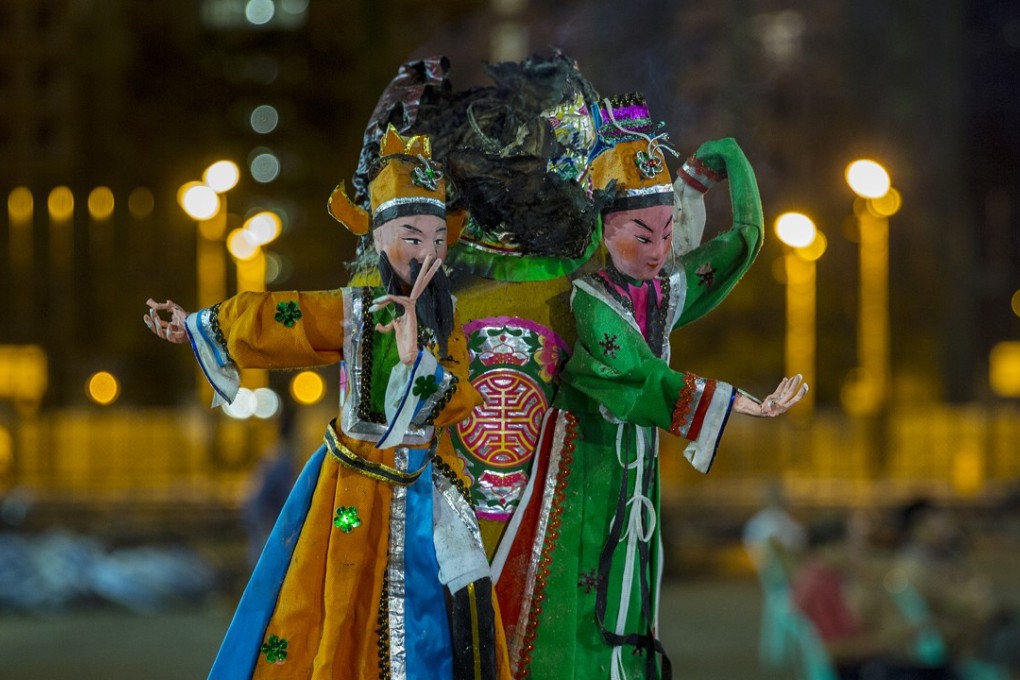
All year round, roadside vendors under a flyover in Causeway Bay, Hong Kong, would offer the unique service of hitting dummy effigies of “villains” in an attempt to drive evil away.
The engagement of this superstitious act is driven in large part by a need to control. Engaging in superstitious behaviour gives individuals a sense of control over destiny.
And this month, which coincides with the seventh month of the lunar calendar, the gates of hell will open for the spirits to wander the human world. Joss sticks will be burned and prayers offered to soothe the roaming spirits.
Engaging in superstitious behaviour gives individuals a sense of control over destiny
Such superstitious beliefs extend to everyday conversations. Suppose someone were to say, “I have always been a safe driver. There is no way I will get into an accident.” More often than not, in a case like this, negative outcomes spring to mind, leading people into believing something terrible is going to occur.
In response, they try to “undo” such bad luck with superstitious rituals such as knocking on wood or throwing salt. Feng shui experts recommend that throwing away egg shells or pouring out water is also effective in reversing bad fortune.
These rituals appear to be random and unrelated. However, they share a common feature underlying their “success” – they involve motor movements that exert force away from the physical self, avoidant actions that simulate the pushing away of bad luck.
Does the mere act of pushing away make people feel they have avoided bad luck?
As part of my research at the National University of Singapore Business School, my co-researchers and I looked into how people feel after engaging in rituals to ward off bad luck. This would shed light on why people engage in particular types of behaviour for managing superstitions.